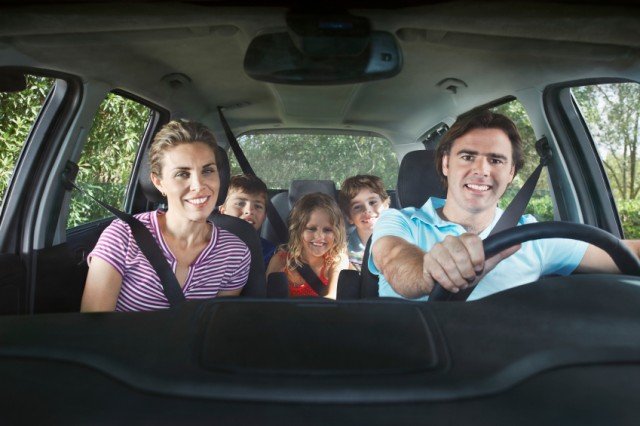First, get a fucking life.
Second, what the fuck? Seriously?
And third, go fuck yourselves to the end of the multiverse and back. Then, go fuck yourself again for good measure.
I apologize. I just had to get that out of the way before I tried to craft a more measured response. Like so many others who have seen the viral videos, I’ve become increasingly aware of just how politically toxic school board matters have become. Even though I don’t have kids, I do have young nieces and nephews who will be attending public school eventually. And if I ever have kids of my own, they’ll likely have to deal with this to.
Five years ago, that didn’t scare me.
Now, I’m terrified/angry that this is the kind of crap they’ll face from parents, politicians, and assholes who consume way too much bullshit right-wing news.
Granted, there are a lot of things that have been ruined by people who consume too much bullshit right-wing news. I’m starting to think all right-wing news is built on a foundation of bullshit. But as much as I try to respect the political and religious beliefs of others, I have certain limits. And some people aren’t even trying to walk a fine line.
When it comes to those pushing for book bans, that cross a line for me.
When it comes to those pushing for an objectively wrong take on history, that crosses a line for me.
When it comes to those pushing for the marginalization of racial and sexual minorities, that crosses a line for me.
When it comes to those pushing for religious indoctrination in public schools, that crosses a line for me.
Those are not political positions or sincere personal beliefs. That’s a toxic hodgepodge of bullshit, bullying, bigotry, and just generally being a dick to people who aren’t like you. What makes it worse is that many of these parents and political types try to hide behind a veil of patriotism and child welfare. Maybe that’s what they sincerely believe in their heart of hearts. But it’s still bullshit. In fact, it’s a worse kind of bullshit because it’s also laced with hypocrisy.
Seriously, you cannot claim to be an American patriot who supports freedom in one breath, but also supports banning books from schools and public libraries. You also can’t be against child indoctrination, but have no problem with using public services to indoctrinate children into organized religion. You also can’t claim to be concerned about exposing children to gay, transgender, or queer concepts while being utterly silent on the lengthy documented history of child abuse perpetrated by the Catholic Church.
These are not the politics of patriots, American or otherwise. These are the politics of fascists and authoritarians. Last I checked, we fought major wars against assholes like this and we consider that a good thing.
Then, there’s the whole idea of being “anti-woke.” This is something I’ve already touched on before, but I’ll say it again and I’ll try to say it in no uncertain terms.
The “woke ideology” these wannabe fascists are complaining about isn’t real. It’s all bullshit and always has been.
I’ll even supplement that with one other important detail. You cannot be “anti-woke” without also being a racist, sexist, bigoted asshole on some level.
Like it or not, “woke” has a definition. It means to simply be aware of injustices in the world and being in favor of rectifying those injustices. If you’re against that, you’re basically saying you don’t want to improve anything about the world around you. It doesn’t matter of other people, especially minorities, continue to suffer. That doesn’t bother you. You’d much rather keep things as they are and not think about it.
That may not be the exact ideology of those proclaiming to be anti-woke. People may very well be sincere in their concerns about what “woke” means and why children are learning about it. But to those same people, I have another message.
Look up the actual fucking definition of the term and do not rely on right-wing propaganda. I’ll even help you. This is the link to the dictionary definition. If you read this and agree with the tenants, then congratulations. You are on the side of justice, decency, and a better future for all Americans. But if you don’t accept this definition or just don’t care, then you officially beyond help. You are either willingly ignorant or proudly anti-American. And I have no sympathy for you.
If there’s one bright side to all this crap surrounding school boards, it’s that it probably won’t do squat to keep kids from learning about these topics. Like it or not, the internet still exists. Kids still exist and parents can only do so much to control what their kids see, think, and learn. Tell them they should never learn about something and they’re going to be curious. They’re going to seek it out. They know how to use a smartphone. And that’s really all anyone needs to figure out how much these dumb school board politics is built on bullshit.
That is something that gives me a small bit of hope. The more right-wing reactionaries whine about certain books, movies, and topics, the more curiosity that’s going to spark. And the more it backfires against these same parents and school board members, the better off America will be in the long run.














